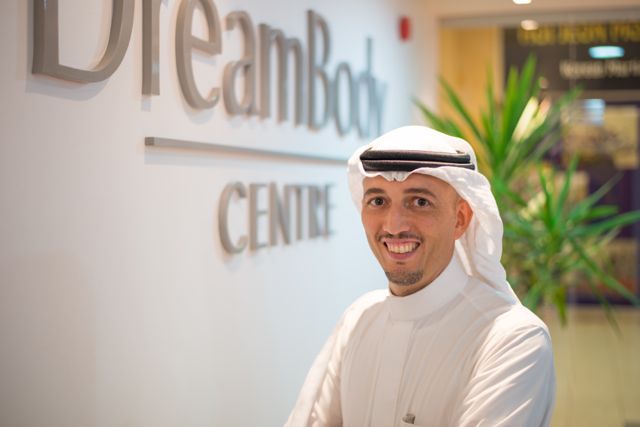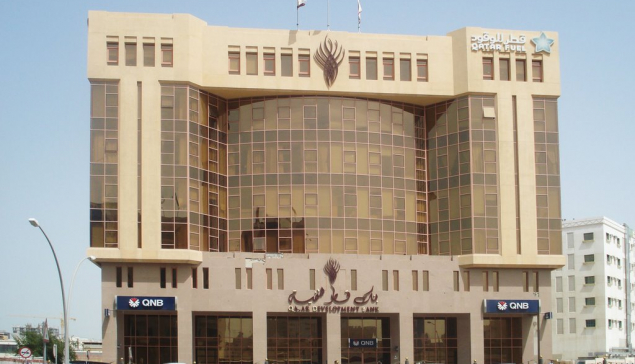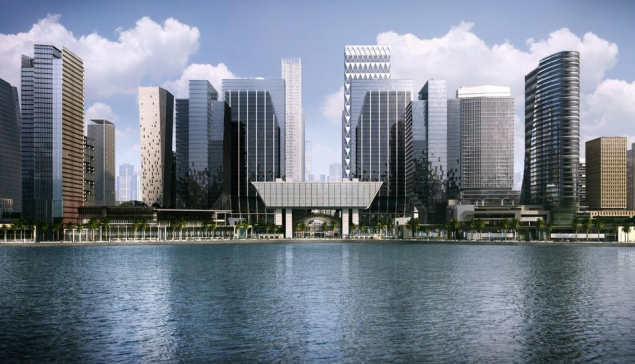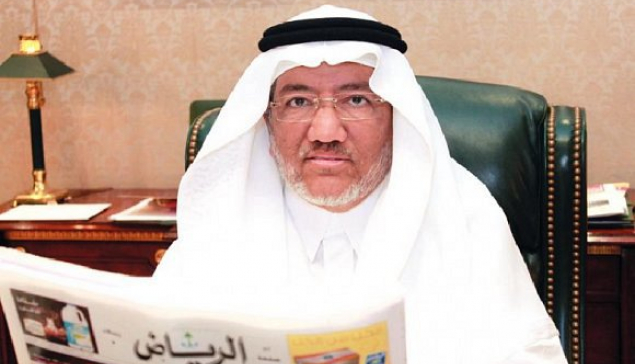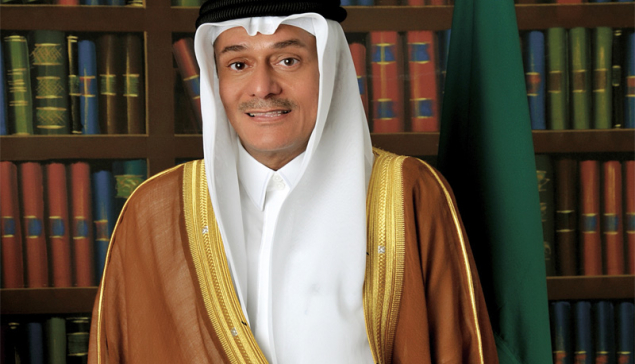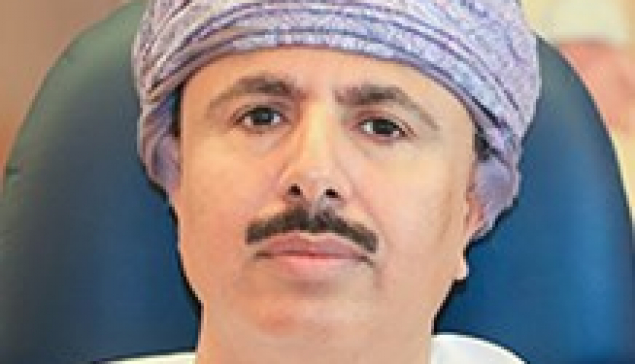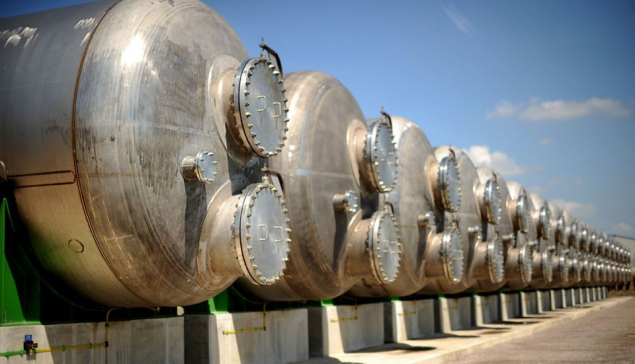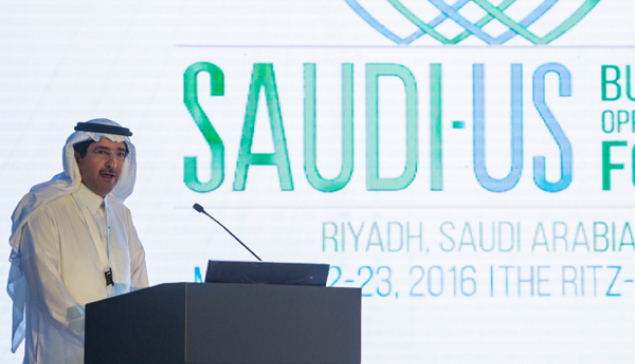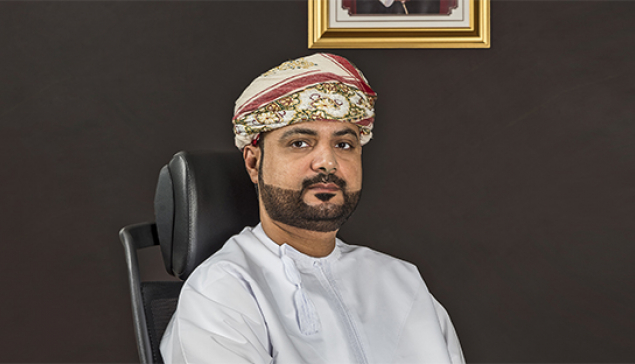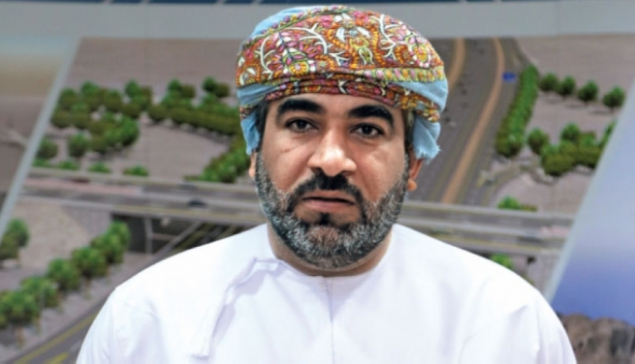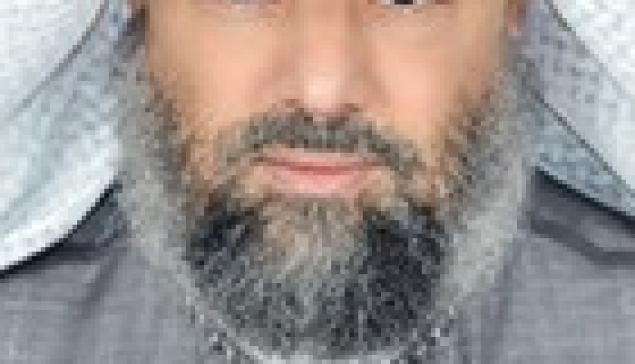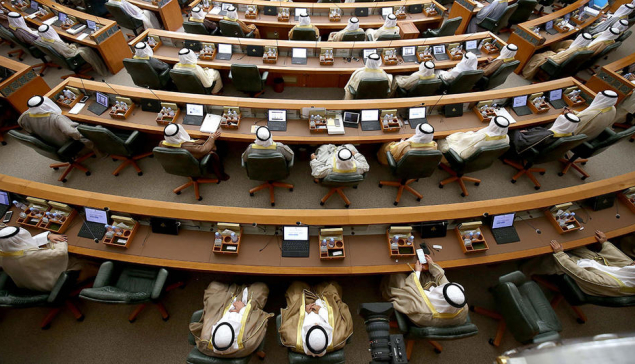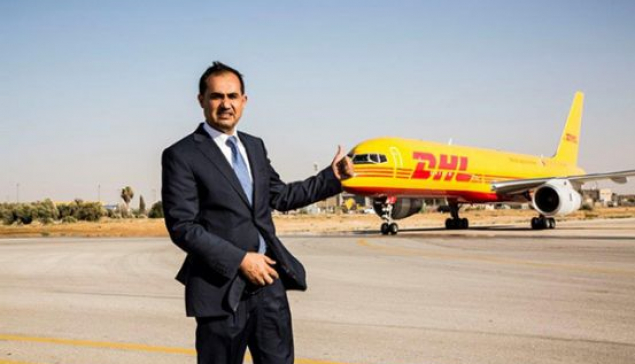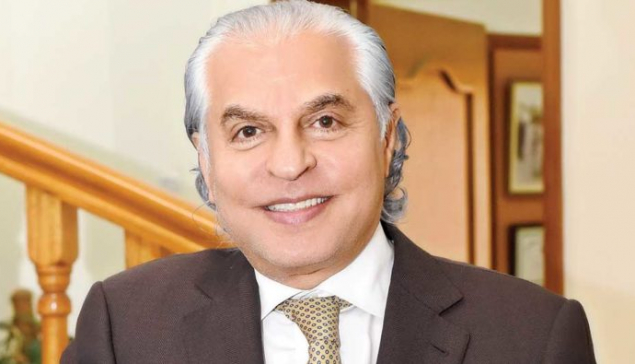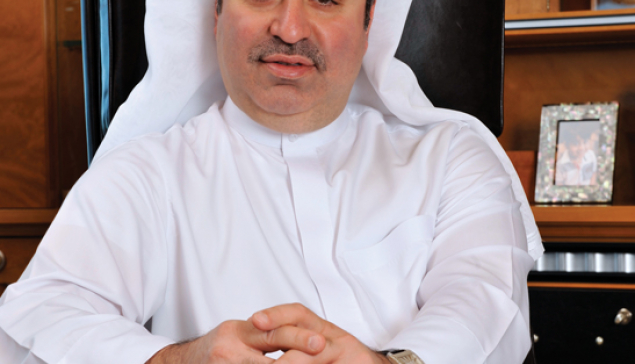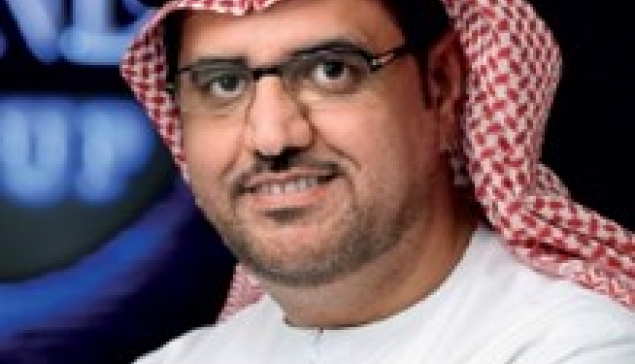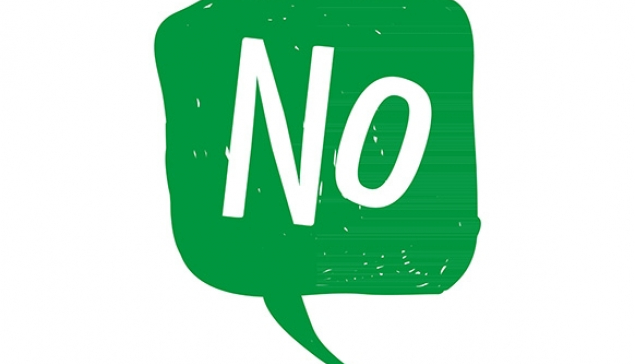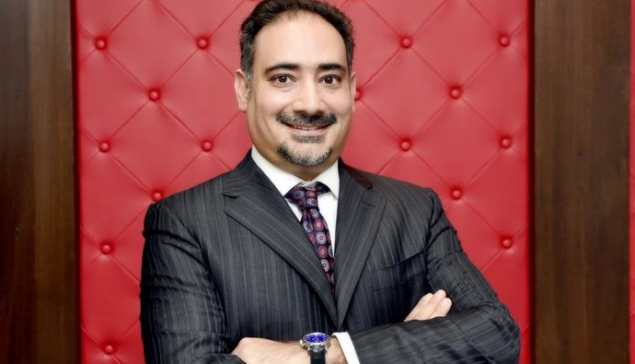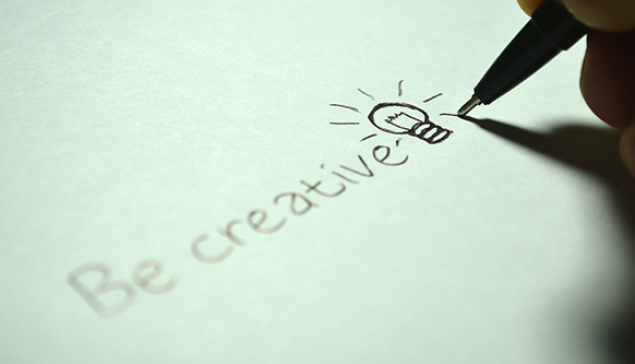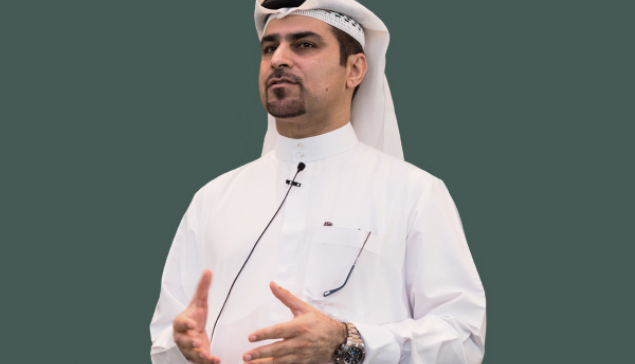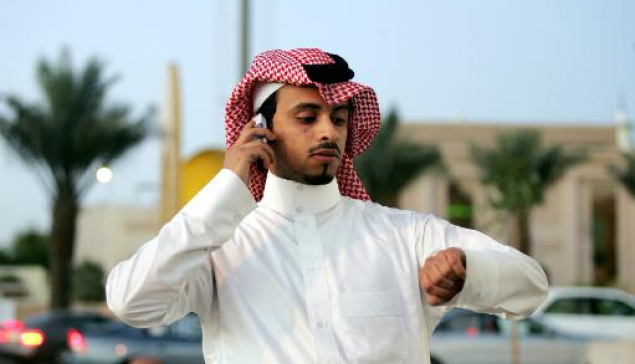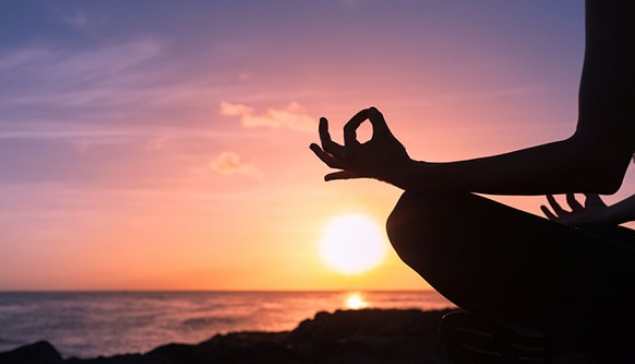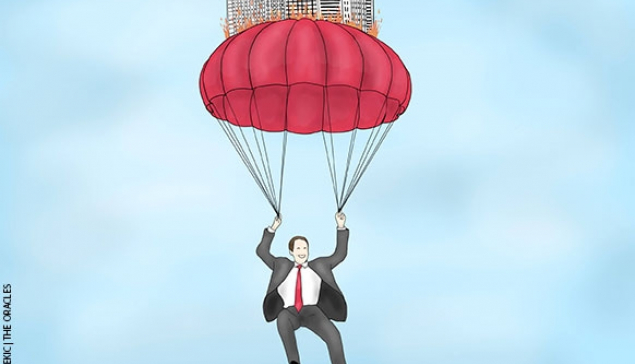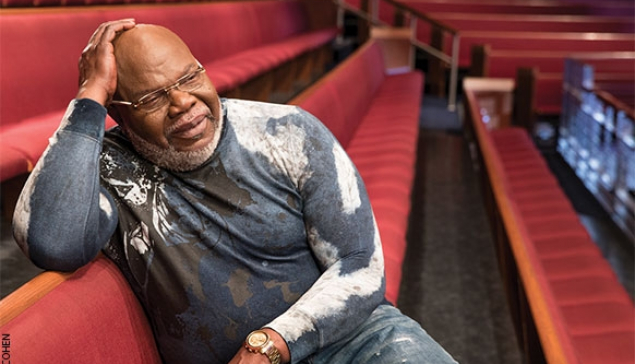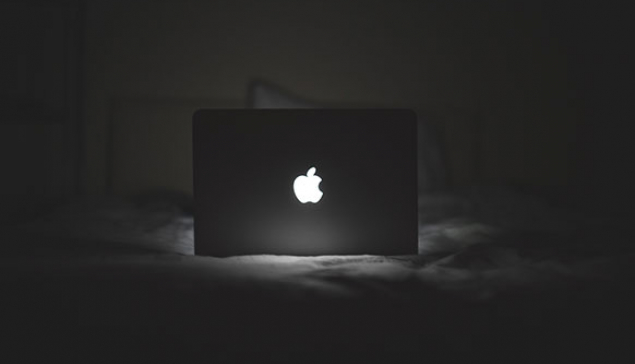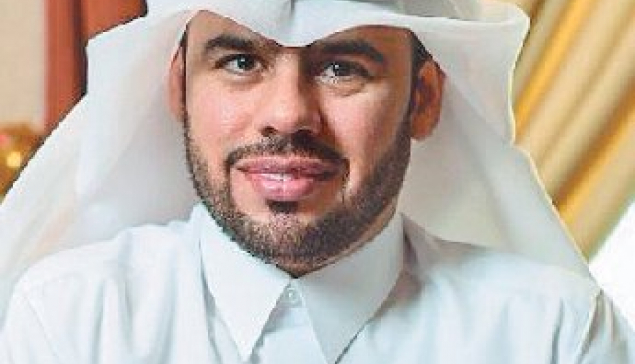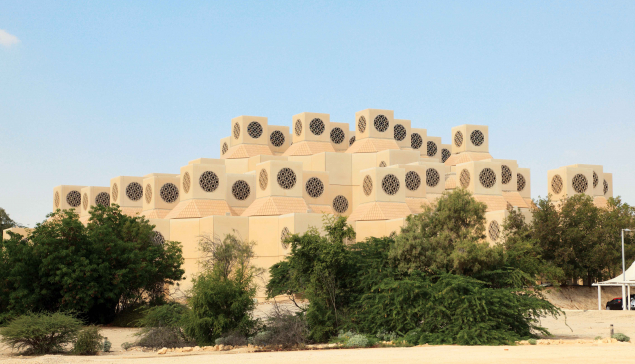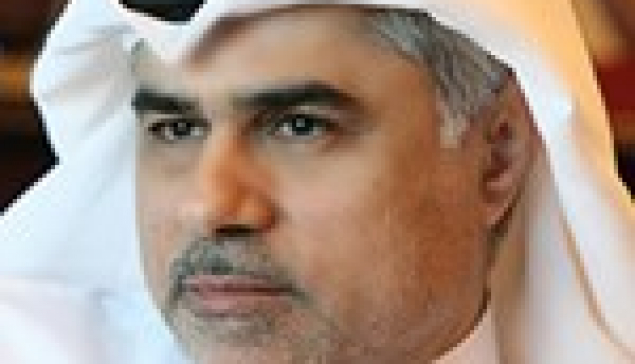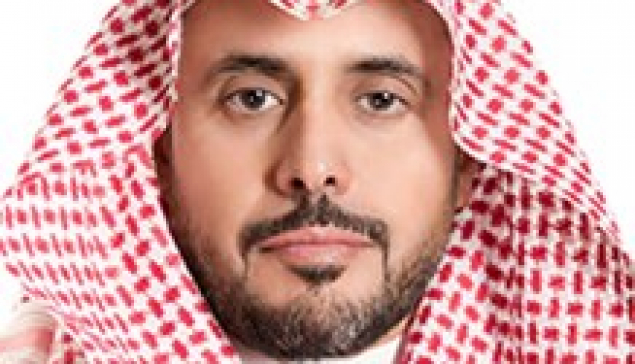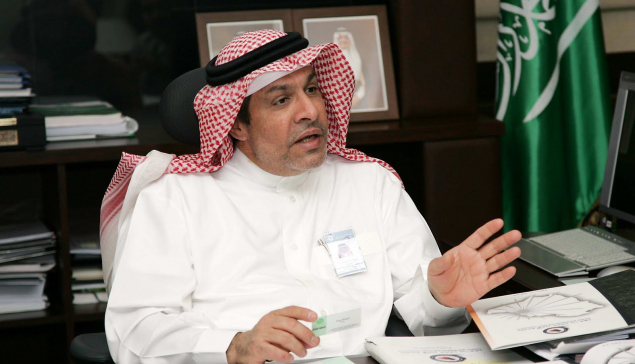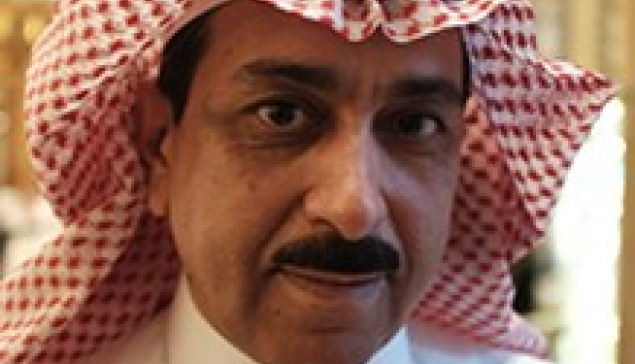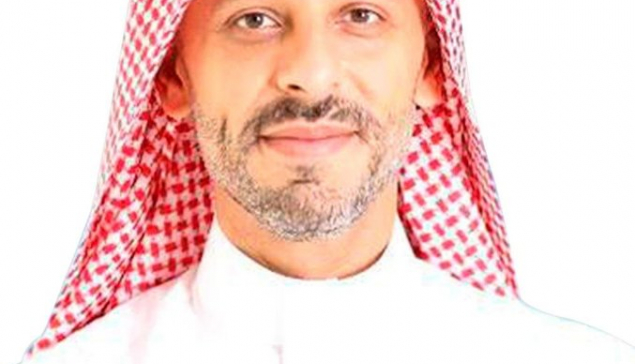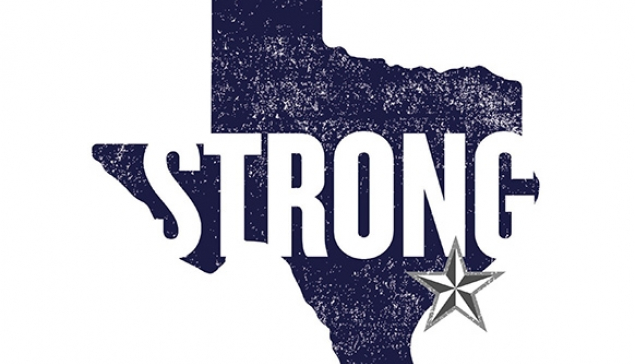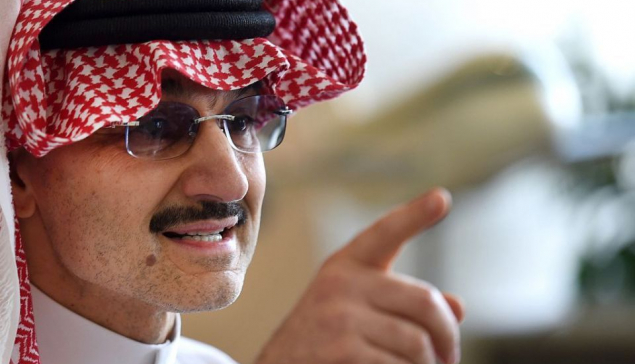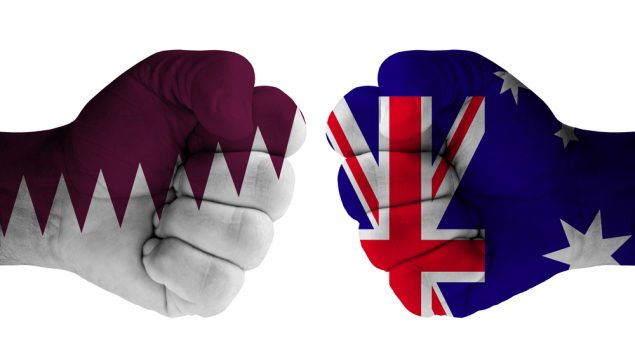very few individuals possess the dedication, discipline and sheer tenacity required to will their ideas into action. Recently, BIG had the pleasure of meeting with such a man – Suhail Algosaibi. In our interview, he talks about his successful career as an entrepreneur, his ambitions and the upcoming, first-of-its-kind, Falak Unreasonable Thinking Summit.
Could you tell us a little bit about your educational background? Where did you go to university and what did you study?
I graduated from a public school here in Bahrain, after which I studied for a year and a half at the University of Bahrain. I then graduated with a bachelor’s degree in marketing from Buckingham University in the UK. For the next four years, I worked at Sabic in London before completing an MBA from Westminster University, also in the UK.
You have a reputation for being quite the serial entrepreneur. What inspired your first enterprise?
While working at Sabic after my undergraduate degree, I took up kick-boxing as a hobby. The sport eventually became a huge part of my life. In fact, a big factor in choosing to do my MBA at Westminster University was the fact that the campus was only five minutes away from my kick-boxing club. After returning to Bahrain, I had originally planned to open a health club which would include a martial arts aspect to it. However, I eventually dropped the health club idea to focus entirely on the martial arts. In 2003, I founded Zen-Do Bahrain, which became the largest martial arts school in the country, and possibly the Middle East, in terms of number of students. We had a good run of around eight years, before I was forced to close it after my father passed away in 2010.
What enterprises have you started since Zen-Do Bahrain?
I started a marketing consultancy in 2006, the Dreambody Centre in 2007, which I shut down in 2016, and Ghazi Al Gosaibi Holdings after my father passed away in 2010. In 2013, I founded Falak Consulting, which is mainly what keeps me busy today. I am currently on a strict no new business diet. I think many entrepreneurs today are so focused on starting something new that they forget to focus on making their current projects successful. As a well-known American entrepreneur once said, “Don’t sit on multiple toilets at the same time.” I’m trying to heed that advice.
What is a typical workday like in your shoes?
I normally wake up around 5:00 in the morning and am in my home gym by about 5:20 am. I then work out for around an hour after which, on most days, I meditate. Then I read the papers to keep myself updated on current events. After that, I might send out a couple of work-related emails, before I get ready to go to work. Work at Falak Consulting officially starts at 9:00 am. By waking up at 5:00 am, I get four hours of highly productive time where nobody calls or interrupts me. I think for an entrepreneur, those few hours are very important. At 9:00 am, we have a daily huddle at the office, which is a fifteen minute update about the last and the next twenty four hours. For the rest of the day, I’m usually working at my desk or am occupied with back-to-back meetings – anywhere between two to nine a day. My workday can finish anywhere between 4:00 pm to 9:00 pm. Some days can get quite exhausting, but with proper diet and exercise, it’s possible to prevent burnout.
As an entrepreneur, what would you consider to be your greatest strength and weakness, respectively?
I think my tenacity can be viewed as both a strength and weakness. Closing down the Dreambody Centre was a very painful decision to make as I had invested eight years of my life into the business. And while I had the strength and tenacity to push through many obstacles to keep the enterprise running, the numbers had actually begun to show for some months previously that it wasn’t going in the right direction. I continued to believe in it nonetheless. So, tenacity is good up to a point – until it blinds you to a seemingly obvious decision that should have been made before.
Other than your business interests, what non-profit initiatives are you involved with?
I am the founder and chairman of the Bahrain Foundation for Dialogue (BFD). The BFD is an organisation concerned with social reconciliation and establishing civil dialogue in Bahrain after the 2011 crisis. I am also the incoming president of the Bahrain chapter of the Entrepreneurs’ Organization (EO). As you can see, I have quite a lot on my plate at the moment, but hopefully, with effective time management it will all fall into place!
Coming back to your main focus, Falak Consulting – what services does the firm offer its clients? In what business sectors has the firm been involved with thus far?
Falak Consulting is a value-based, purpose-driven, strategy consultancy. I don’t think we have enough of those in the region. We have four areas that we focus on. The first is strategy – this includes product strategy, entry strategy, exit strategy, corporate strategy, etc. The next is transaction advisory – matching investors with assets and creating investment opportunities. The third is organisational design – if a company needs to undergo restructuring, a post-merger integration, or similar procedures, we can help facilitate it. Lastly, we do primary research for our clients. This involves getting market information for them first-hand through various means, such as surveys. Among the sectors that we’ve catered to are the healthcare industry and Islamic banking in Bahrain.
What do you think distinguishes Falak Consulting’s services from that of the numerous other management consulting firms in Bahrain?
The first distinguishing factor is that we’re a proper strategy consultancy – there’s not many of those around. The next factor is that we have strong values, and we’re purpose-driven, which I think greatly appeals to our clients. Finally, we’re actually quite obsessed with the quality of work that we do. We define ourselves as being innovators and problem solvers who are obsessed with finding a better way. Unfortunately in the consultancy world, there’s a lot of copy and paste. For instance, you get hired for a project, copy and paste the last similar project that you did, change a few things, and just hand it over. We would never do that. As a result, we might grow slower as a company, but long-term I think this is absolutely the right thing to do.
Do you currently have any plans to expand Falak Consulting’s operations to expand into other countries?
Within the GCC, we’re definitely interested in Saudi Arabia and Qatar. Ideally, we would then like to expand eastwards, to Malaysia and Singapore. I’m not too concerned about expanding to the West. Rather, I’m more interested in going to the developing world, aiding progress and adding value there. Our original plans were to remain a small, boutique consultancy, but after a little introspection, we realised that we wanted to go big. One of the things that Falak Consulting has managed to become is a bridge between Southeast Asia and the Middle East – facilitating the exchange of concepts and investments between the two regions. Our expansion plans are ambitious, but the prospects are certainly present – and very interesting for us.
How did you come up with the idea for the upcoming Falak Unreasonable Thinking Summit?
I have always been obsessed with innovation and made sure that any enterprise I started had an innovative angle to it. Even in something as non-tech as martial arts, we made sure to use the latest marketing tools available. So I came up with the idea to do a summit on innovation, disruption and unreasonable thinking. Why did we call it the Unreasonable Thinking Summit? George Bernard Shaw once said, “The reasonable man adapts himself to the world. The unreasonable man persists in trying to adapt the world to himself. Therefore, all progress depends on the unreasonable man.” So it’s the unreasonable thinkers that create change and move society forward. And that’s the philosophy behind our summit.
Who are the summit’s sponsors?
The event is being sponsored by Bahrain’s Economic Development Board (EDB), Tamkeen, BAPCO, Gulf Finance House and Peninsula Farms. Without the help of these sponsors, this summit would not have been possible and we must give credit where it is due.
Who are the speakers that will be featured at the event?
We are bringing speakers from four different continents, all of who are at the forefront of innovation in their respective fields. These are all speakers that I chose personally, whom I wanted to learn from. The keynote speaker is Professor Dave Robertson, a Wharton professor who wrote a book on innovation at LEGO, a company seen by many as the Apple of the toy industry. We also have Ayman Jamal, a film producer who created the feature-length animated movie ‘Bilal’. He will be talking about how he made the film, some of the obstacles he faced along the way and some of the latest technology and techniques that were used. We’re also bringing Bart Weetjens, a Belgian national and Buddhist monk living in Africa, who has trained rats to do some remarkable things. Innovation and disruption doesn’t have to be technology-related. It is simply a way of using old methods in new ways. This is part of the message we’re trying to send across to our attendees. Completing our ensemble of speakers are: Chief Innovation and Communications Officer of General Electric Middle East and North Africa, Rania Rostom, McLaren Applied Technology Chief Engineer Andrew Latham, tech entrepreneur and venture capitalist Christopher Pommerening, and academic, trainer and activist Dr. Soroor Qarooni.
What is the main purpose of the summit? What do you hope to achieve?
The Falak Unreasonable Thinking Summit is about educating and inspiring the business community, startup entrepreneurs and university students in Bahrain. We want to bring the idea of innovation and disruption to the forefront of Bahraini consciousness. We feel that in today’s world, people are content to just rest on their laurels, taking ‘business as usual’ for granted. Let’s look back at recent history for a few examples of this. When I was younger, Kodak was such as massive brand that no one could ever imagine that one day it would not be a part of their lives anymore. The people at Kodak assumed that the practice of photography would last forever, but failed to anticipate that the method of photography would change. Companies with similar stories include Nokia and Sony. Moreover, this initiative is in line with the EDB’s strategy of positioning Bahrain as the region’s startup hub. Because we’re not as wealthy as our neighbours, by necessity, Bahraini entrepreneurs are more creative and inventive. We at Falak Consulting want to contribute to positioning Bahrain as a centre for creativity, entrepreneurship and innovation in the region.
Is the summit open to the public? Is there an entrance fee?
The two-day event is free, but interested parties have to apply soon! To apply, visit www.unreasonablethinking.com. As we expect more applications than seats available, we’re going to have to filter our applications – you may or may not be accepted.
What will the summit consist of? Apart from the talks will it include workshops and other various activities?
There won’t be a workshop this time. We considered it but seeing as this is our first summit, we didn’t want to add too many elements to it. In future there might be workshops, multiple streams or activities you can go into, or maybe even multiple talks at the same time. For now, the summit will consist of back-to-back talks, each to be followed by a Q&A session where the audience can ask speakers questions directly. There will also be panel discussions, one on the first day and one on the second. Each talk including the Q&A session will be about forty-five minutes long. For any interested viewers who are unable to attend the summit, a video recording of all the talks will be uploaded to our website, www.falakconsulting.com. Apart from that, any parts of the talks that are particularly educational or inspirational will be uploaded on our social media platforms.
What advice do you have for any aspiring entrepreneurs out there?
Just start. Just get on with it. Often times, startup entrepreneurs wait for some circumstance to change before they start their venture. My advice to them is to start and then figure it out later, even if they start working on their business only part-time or start small. Don’t wait for the stars to align, because they never will.
We understand that you’re also quite the avid reader. Are there any books you would recommend to them?
While there are a ton of books I could recommend, one that really springs to mind is ‘The Seven Habits of Highly Effective People’ by Stephen Covey. I think this book is such an important classic to read because it teaches you how to set your priorities, become a better communicator, and a better person. Apart from that, I would advise them to get their hands on as many autobiographies of successful entrepreneurs as possible. Once you read their stories, you realise that these people are no different than you and I. What they did was simply get on with it. They had the courage to take that bold step towards their goal without the fear of consequence. That, in my opinion, is the only real difference between them and the rest of us.
- Super User
- Creativity
- Hits: 3202
